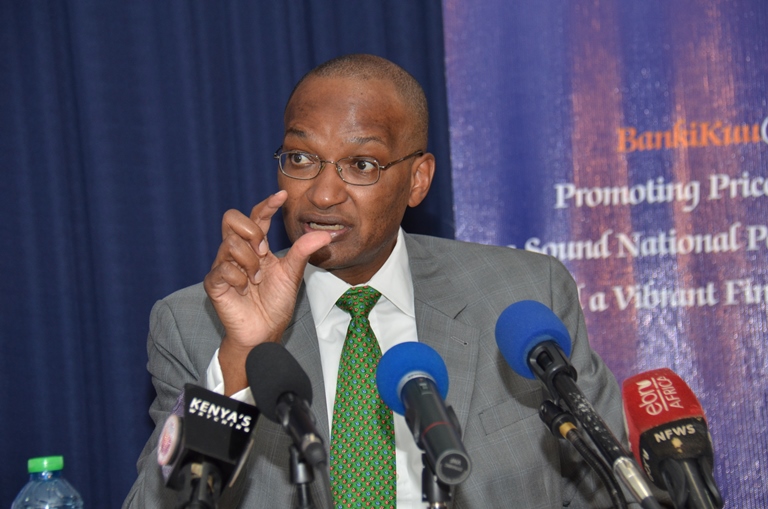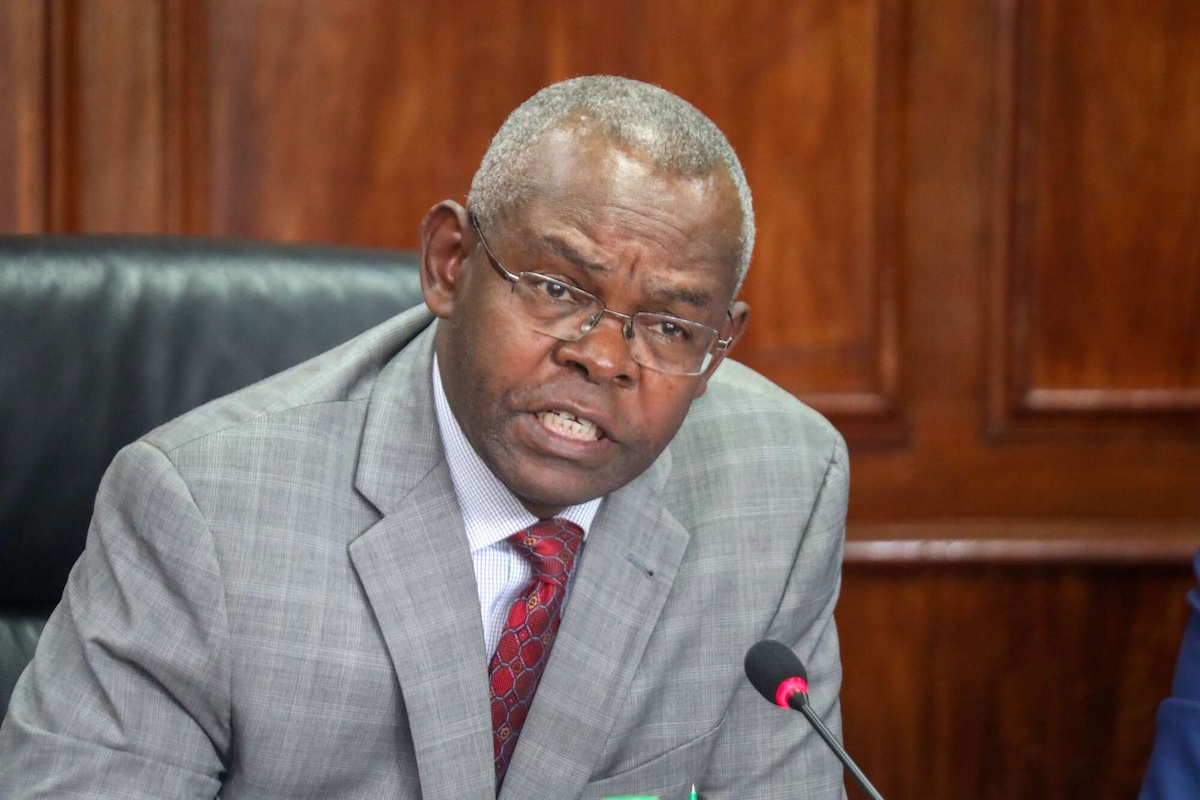The Monetary Policy Committee (MPC) have voted to retain the Central Bank Rate (CBR) at 9.0%, saying inflation expectations remained well anchored within the target range, but concluded that there was need to monitor the second-round inflationary effects arising from the VAT on petroleum products, and any perverse response to its previous decisions.
The MPC, which is chaired by Central Bank Governor Patrick Njoroge, added it will continue to closely monitor developments in the global and domestic economy, and stands ready to take additional measures as necessary.
It said the Private Sector Market Perception Survey conducted in September 2018 showed that inflation expectations were well anchored within the target range in the near term on account of lower food prices.
However, respondents expected inflation to rise slightly due to higher energy prices attributed to the impact of the VAT on petroleum products and increases in international oil prices. The Survey indicated sustained optimism for stronger growth in 2018 and an improved business environment.
“Respondents attributed this optimism to, among others, a rebound in agriculture, pick-up in private sector economic activity, focus by the Government on the Big 4 priority sectors, strong forward hotel bookings, renewed business confidence due to the ongoing war against corruption, and a stable macroeconomic environment. The optimism was tempered by the expected impact of the VAT on
petroleum products on the cost of doing business,” said Njoroge in a statement.
He added that although global growth has continued to strengthen in 2018, risks have increased
particularly with regard to escalation of international trade tensions, the resolution of Brexit, and the pace of normalisation of monetary policy in the advanced economies. Increased volatility in the global financial markets could lead to further turbulence in emerging market economies.
Njoroge said month-on-month overall inflation remained within the target range in July and
August 2018, largely due to lower food prices. The inflation rate fell to 4.0% in August from 4.4% in July, following decreases in food prices which offset the increase in energy prices, including the increase in the price of charcoal. Nonfood-non-fuel (NFNF) inflation remained below 5 percent, indicating that demand driven inflationary pressures remain muted.
“Overall inflation is expected to rise in the near term, following the implementation of VAT on petroleum products in September 2018 and its impact on other prices, as well as increases in international oil prices. However, it is expected to remain within the target range due to lower food prices reflecting favorable weather,” he added.













2 Comments